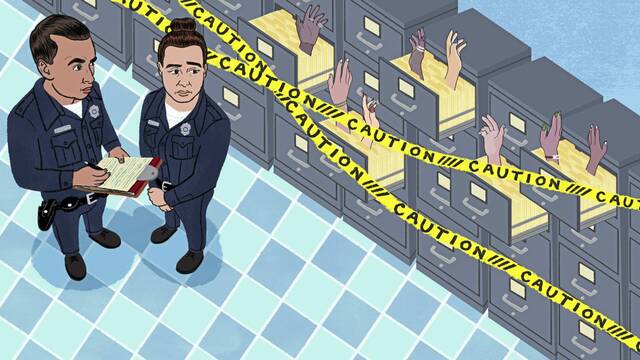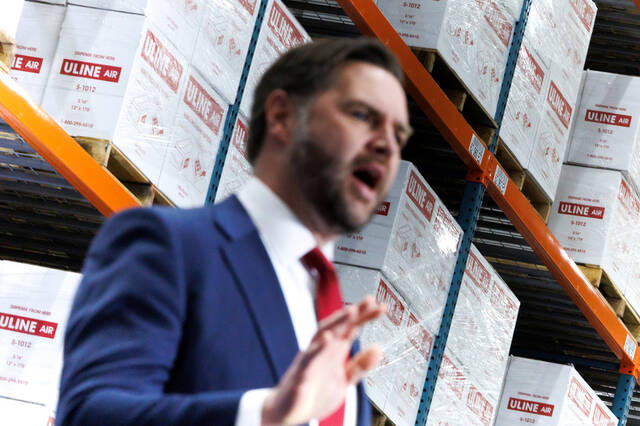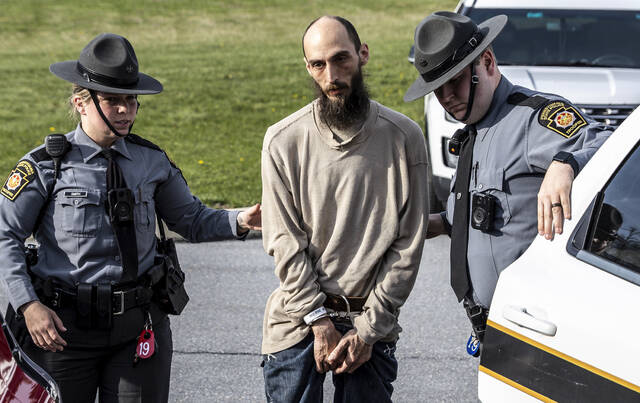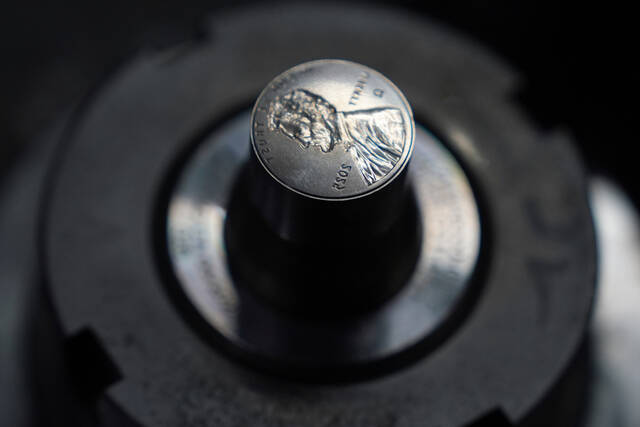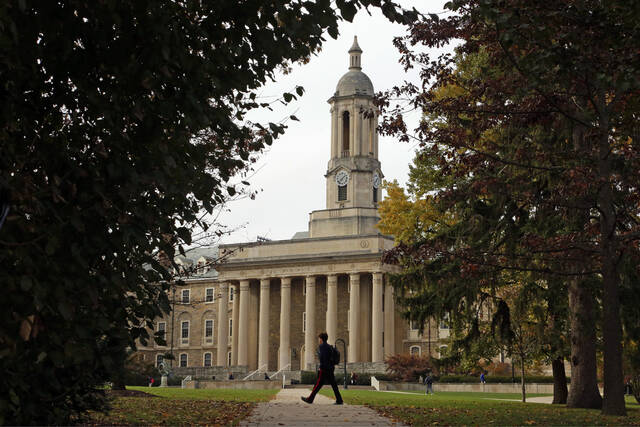Diana Briggs remembers the days when her son Ryan suffered through 400 seizures a day.
She believes the legalization of medical marijuana — five years ago — in Pennsylvania changed his life.
Ryan, who went through a medical emergency at birth 21 years ago, is now a special-needs adult with multiple disabilities.
“Puberty was our most difficult time. Our biggest daily struggle with Ryan was his seizures. Most of our days were spent counting Ryan’s seizures and those caused sleepless nights and a lot of uncontrolled bowel movements and bladder movements. So, those were some very difficult years,” said Briggs, of Export.
Briggs had tried multiple conventional methods of controlling the seizures — mostly pharmaceuticals and a special diet. She even took Ryan out of the country for stem cell treatment. It all worked for a short time, but ultimately none of it was successful and the seizures came roaring back.
Up until about eight years ago, Briggs assumed this was how life with Ryan was going to remain and that her family would continue suffering along with him. But then they became aware of the benefits of medical marijuana — more specifically cannabis oil and its effectiveness in controlling seizures.
Briggs’ family is among 30 families associated with Campaign for Compassion, a grassroots organization that fought for the establishment of legal medical marijuana in Pennsylvania. They are now celebrating the five-year anniversary of Act 16, better known as the Pennsylvania Medical Marijuana Act, which established the medical marijuana program.
Close to 553,000 patients and caregivers are registered for the program in order to obtain medical marijuana for one of 23 serious medical conditions. And there are now over 327,000 active patients. Ryan Briggs is one of them.
“For our son, it has truly been a miracle,” said Diana Briggs as she broke down during a phone interview. “It has surpassed any thought that I ever had for him. It’s changed our life.”
Briggs said these days her son is averaging under 25 seizures a day.
Before medical marijuana was legalized in Pennsylvania, Briggs and her husband, Mike, had thought about leaving the state.
Her tale is not an uncommon one.
Kristy Zera is a district manager for Beyond / Hello, which runs cannabis dispensaries throughout the state including one in Irwin. She has heard similar stories.
“We hear things like, ‘Oh, I was able to sleep finally’ or a lot of people who say it really worked on the pain they were having,” said Zera. “I was in a store recently and a patient walked in and was talking about how he had oral surgery and his wife kept telling him to take a prescription drug and he was like, ‘No, I’m going to take my medical marijuana,’ and he said instantaneously the pain was gone.”
Pittsburgh attorney Patrick Nightingale, who was an integral part of the movement to legalize medical marijuana as executive director of the Pennsylvania Medical Cannabis Society, said hearing how citizens are benefiting from cannabis oil has made the long fight for legalization worth every minute.
“It is incredibly gratifying,” said Nightingale. “To know that there are literally hundreds of thousands of Pennsylvanians who are able to access a natural, non-toxic treatment alternative for their serious medical conditions, it’s what we fought for. It’s what Diana and her husband Mike fought for. It’s why we went to Harrisburg over and over again.
“The fact that we have such a robust and successful program in Pennsylvania right now just warms my heart.”
Zera said she is seeing growth in the program, particularly in the past year during the pandemic.
“The past year has been the most impactful. Anxiety has really stepped to the forefront with people during the pandemic. Having over 327,000 active patients is incredible,” said Zera.
But Nightingale said there are a number of improvements that could be made to Pennsylvania’s medical marijuana program and they start with lowering the cost.
“We are three years into the program and Pennsylvania has the highest cost of medical cannabis products in the country,” he said. “What is particularly disappointing is that the Department of Health has the authority to address this. They can set price caps.”
Until that happens, Nightingale sees people on Social Security, veterans and anyone with limited income being unable to consistently afford the medical cannabis products they need.
“Nothing breaks my heart more than for a patient to say, ‘I simply can’t afford my medical cannabis. I’m going to have to go back to using prescription opioids because at least my insurance covers that.’ ”



